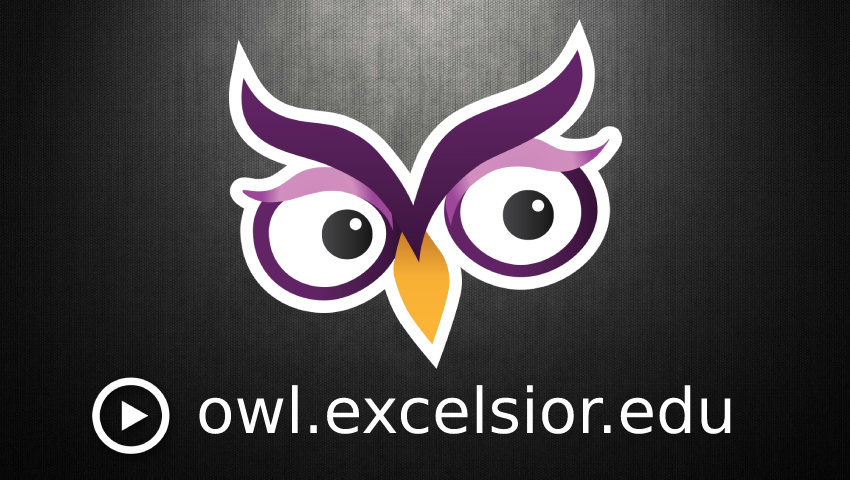Explore the steps needed to create effective essays.
- Learn about rhetorical concepts, such as voice, audience, and purpose.
- Brainstorm for ideas.
- Develop effective thesis statements.
- Write strong paragraphs.
- Improve your revision and editing strategies.
Find, evaluate, and integrate sources for a research paper.
- Review the research process.
- Narrow your argument and write effectively for your audience.
- Learn effective research strategies to find and evaluate sources.
- Take notes and create an outline.
- Integrate sources into your writing.
- Produce a literature review or an annotated bibliography.
Learn how to cite and document sources for research papers.
- Locate reference information.
- Avoid plagiarism when citing and documenting.
- Cite and document sources according to APA, MLA, or Chicago guidelines.
Understand the different essay structures common to college writing assignments.
- Find support for argumentative, classification and division, cause and effect, compare and contrast, definition, descriptive, illustration, narration, and process essays.
- Engage in interactive outlines for each style of essay.
- See sample essays from writing classes and from across the disciplines.
Learn how to think critically about argumentative writing.
- Learn how to adjust your argument to be most persuasive to your audience.
- See different organizational strategies for argumentative essays.
- Understand the logical fallacies and how you can avoid them.
- Practice with both argumentative analysis and writing.
- Apply argumentative strategies to multimodal assignments.
Write for the web and create digital presentations.
- Learn about making strong discussion posts in online classes.
- See differences between effective and ineffective emails.
- Understand writing practices for common social media platforms.
- Create stronger presentations using PowerPoint and Prezi.
- Become aware of your online footprint.
Practice your grammar and punctuation skills to help you write clearly.
- Understand parts of speech and how they work together.
- Learn the “rules” for all types of punctuation.
- Practice your skills with interactive quizzes.
- Review the 20 most common errors college writers make.
Learn to avoid plagiarism when you write with sources.
- Understand what different kinds of plagiarism are.
- Learn about the potential consequences of plagiarism.
- Practice avoiding plagiarism and providing proper documentation for borrowed information.
- Take pre and post tests to test your knowledge.
Learn about the writing process starting with the basics.
- Understand how to start an assignment and gather ideas.
- Develop thesis statements to guide your writing.
- Organize your ideas and present them logically.
- Improve your writing through drafting and revising.
- Learn effective editing strategies.
Learn about writing in graduate courses.
- Take a self-paced writing tutorial.
- Preview graduate-level writing assignments.
- See exemplars of good student work.
Learn how to write real-world genres for different disciplines and careers.
- View instructional videos on real-world writing genres.
- Complete activities to practice what you learned.
- Download tip sheets and examples.
Explore the different types of writing used in a job search.
- Learn about elements, types, and sections of a resume.
- View different types of resumes.
- Understand the benefits of requesting an informational interview.
- Master proper cover letter formatting.
- Examine a sample cover letter.
Complete modules to practice your writing skills.
- Take modules to practice writing skills like grammar and APA citation.
- Download a summary report for proof of completion.
The Reading Lab is the first completely free, comprehensive, online open education resource for college-level reading. It offers a variety of multimedia materials—instructional videos, online exercises, and handouts.
Find all sorts of goodies for educators at all levels.
- Build your own custom OWL with the Owlet tool.
- Learn how to use the Excelsior OWL in writing classes and in classes across the curriculum.
- Discover about how to integrate the Excelsior OWL into traditional, hybrid, flipped, and online classes.
- Find our more information about how the Excelsior OWL connects to the Written Communication VALUE Rubric.

